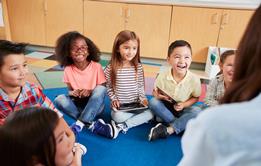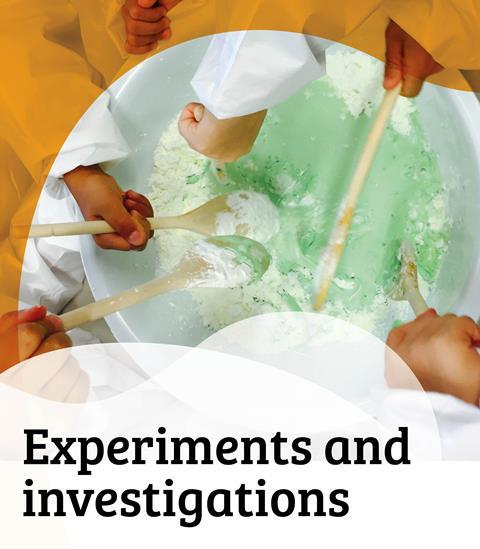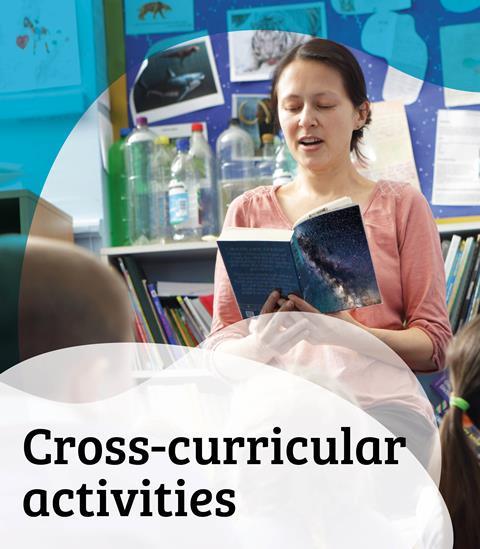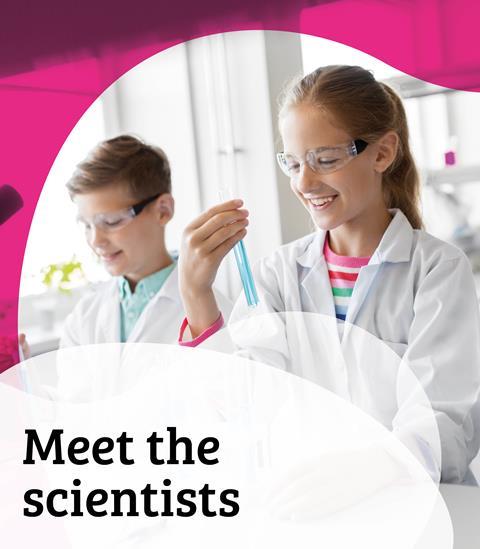Learn about liquids of different densities with this short podcast
Produced by FunKids Radio and the RSC, this short snippet uses Kareena and her superhero friend K-Mistry to introduce children to liquids of different densities.
This podcasts can be used as a ’hook’ when introducing the topic to your students, or at the end of a lesson to stimulate discussion about what they have learnt.
If you teach primary science, see the headings below to find out how to use this resource:
Skill development
Children will develop their working scientifically skills by:
- Asking their own questions about scientific phenomena.
- Drawing conclusions and raising further questions that could be investigated, based on their data and observations.
- Using appropriate scientific language and ideas to explain, evaluate and communicate their methods and findings.
Learning outcomes
Children will:
- Compare and group together everyday materials on the basis of their properties.
Concepts supported
Children will learn:
- What is meant by the term ‘density’.
- That different liquids can have different densities.
Suggested activity use
This activity provides a useful hook into group discussions about what happens when liquids of different densities are added together. You could listen to the recording beforehand and prepare the relevant materials.
Children could work in small groups and add the liquids together, noting their observations as the liquids separate into different layers. Children could then investigate further liquid mixtures to see what else they can discover. The recording can be played at the end to offer children the answers to what they have observed.
Practical considerations
Density is not an area covered by the primary curriculum but could be explained simply in terms of how closely packed particles are.
Images can be used to help children visualise what is being described.
You may want to give an explanation of density before the activity, so that children have an understanding of what they are seeing.
You will need water, washing up liquid, containers, oil and other immiscible liquids for the mixtures used in the lesson.
Downloads
Kitchen K-Mistry - fast fact: dense liquids
Audio | Other, Size 2.05 mb
Kitchen science podcasts

Use these short podcasts to introduce children to the chemistry all around them in their kitchen.
- 1
- 2
 Currently
reading
Currently
reading
Dense liquids
- 4
- 5
- 6
- 7
- 8
- 9
- 10
- 11
- 12
- 13
- 14
- 15
- 16
- 17
- 18
- 19
- 20
- 21





















































No comments yet